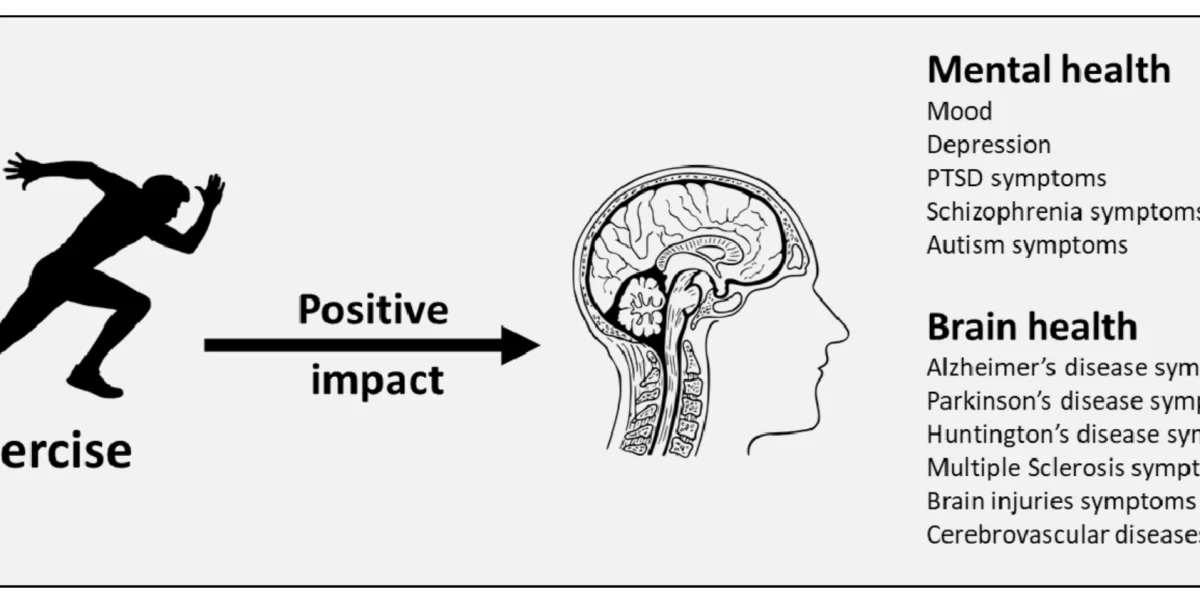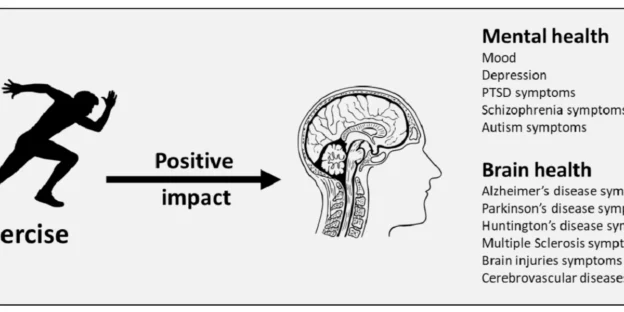The Impact of Exercise on Brain Health: Preventing Neurodegenerative Diseases
The Role of Exercise in Preventing Neurodegenerative Diseases: Promoting Brain Resilience
Discover how exercise protects against neurodegenerative diseases and promotes brain resilience. Learn from Dr. Rao, the best neurosurgeon in India, and Dr. Rao’s hospital, the leading neurosurgery hospital in Guntur, about the importance of exercise for optimal brain health.
Introduction
In today’s fast-paced world, where technology dominates our daily lives, it’s essential to prioritize our brain health. Neurodegenerative diseases, such as Alzheimer’s and Parkinson’s, pose significant challenges, but hope exists. Research has shown that regular exercise can play a vital role in preventing these conditions and promoting brain resilience. In this blog, we will explore the powerful impact of training on brain health and delve into the mechanisms through which it safeguards against neurodegeneration. Let’s discover how incorporating physical activity into our lives can be crucial for maintaining cognitive function and overall well-being.
The Brain-Exercise Connection
Exercise is not just beneficial for our physical fitness; it also profoundly impacts our brains. Regular physical activity triggers positive changes within the brain, including increased blood flow, the release of neurotrophic factors, and the promotion of neuroplasticity. These mechanisms contribute to the growth and survival of brain cells, the formation of new neural connections, and the overall resilience of the brain.
Preventing Neurodegenerative Diseases
The progressive loss of brain cells and cognitive decline characterize neurodegenerative diseases. However, numerous studies have shown that exercise can be a powerful tool in preventing or slowing down the onset of these conditions. Regular physical activity has been associated with a reduced risk of Alzheimer’s and Parkinson’s diseases and other forms of dementia. Exercise has been shown to enhance memory, attention, and executive functions, improving overall cognitive performance.
Mechanisms of Protection
Exercise protects the brain through various means. It reduces inflammation, oxidative stress, and the accumulation of harmful proteins in the brain, which are known to contribute to neurodegenerative diseases. Additionally, exercise promotes the production of growth factors that support the survival and function of brain cells. It also enhances neuroplasticity, allowing the brain to adapt, rewire, and form new connections, crucial for maintaining cognitive abilities.
Finding the Right Exercise Routine
Finding an exercise routine that suits your preferences and needs is essential to harness exercise’s brain-boosting benefits. Aerobic exercises like walking, running, swimming, or cycling are particularly beneficial for brain health. These activities increase blood flow and oxygen delivery to the brain, stimulating the growth of new neurons and supporting cognitive function. Strength training exercises, yoga, and tai chi also offer unique benefits, improving balance, flexibility, and overall well-being.
The Importance of Consistency
Consistency is critical to reaping the cognitive benefits of exercise. Aim for at least 150 minutes of moderate-intensity aerobic activity or 75 minutes of vigorous activity per week, along with strength training exercises twice a week. Remember, it’s not just about the duration or intensity of movement but also finding activities you enjoy and can sustain long-term. Making exercise a regular part of your lifestyle is crucial for maximizing the protective effects on brain health.
Dr. Rao’s Perspective
Dr. Rao, a renowned neurosurgeon and expert in brain health, emphasizes the significance of exercise in maintaining brain resilience. A comprehensive approach to brain health is embraced at Dr. Rao’s hospital, the best neurosurgery hospital in India and Guntur. Dr. Rao highlights the importance of regular physical activity as a preventive measure against neurodegenerative diseases. With his expertise and dedication to patient care, Dr. Rao encourages individuals to prioritize exercise as a fundamental pillar of brain health and overall well-being.
Conclusion
In the digital era, where technology dominates our lives, it is crucial to prioritize our brain health and find a balance between our digital engagement and physical activity to promote brain resilience. Regular exercise has been shown to profoundly impact brain function, protecting against neurodegenerative diseases and promoting cognitive well-being. By engaging in physical activity, we can reduce the risk of conditions such as Alzheimer’s and Parkinson’s, enhance memory and attention, and support the overall health of our brains.
Finding the proper exercise routine is essential. Aerobic exercises like walking, running, swimming, or cycling increase blood flow to the brain, stimulating the growth of new neurons and improving cognitive function. Strength training exercises, yoga, and tai chi offer additional benefits, improving balance, flexibility, and overall well-being. It’s important to choose activities that you enjoy and can incorporate into your daily life consistently.
Consistency is key. Aim for at least 150 minutes of moderate-intensity aerobic activity or 75 minutes of vigorous activity per week, along with strength training exercises twice a week. By making exercise a regular part of your lifestyle, you can maximize the protective effects on brain health and maintain cognitive abilities as you age.
Dr. Rao, the best neurosurgeon in India, and Dr. Rao’s hospital, the leading neurosurgery hospital in Guntur and India, support the importance of exercise in promoting brain resilience. With their expertise and commitment to patient care, they advocate for a comprehensive approach to brain health, emphasizing the role of exercise as a preventive measure against neurodegenerative diseases.
In conclusion, the impact of technology on brain function is undeniable in the modern world. However, by balancing our digital engagement with regular exercise, we can maintain optimal brain health. Exercise protects against neurodegenerative diseases, enhances cognitive function, and promotes brain resilience. Let’s prioritize our well-being and incorporate physical activity into our lives for a healthier, sharper mind.
Meta Title: “The Impact of Exercise on Brain Health: Preventing Neurodegenerative Diseases”
Meta Description: Discover how exercise is vital in protecting against neurodegenerative diseases and promoting brain resilience. Learn from Dr. Rao, the best neurosurgeon in India, and Dr. Rao’s hospital, the leading neurosurgery hospital in Guntur, about the importance of exercise for optimal brain health.
Tags: exercise, brain health, neurodegenerative diseases, brain resilience, Dr. Rao, best neurosurgeon, Dr. Rao’s hospital, Guntur, India
Viral YouTube Title: “Unlocking Brain Health: The Power of Exercise in Preventing Neurodegenerative Diseases”


